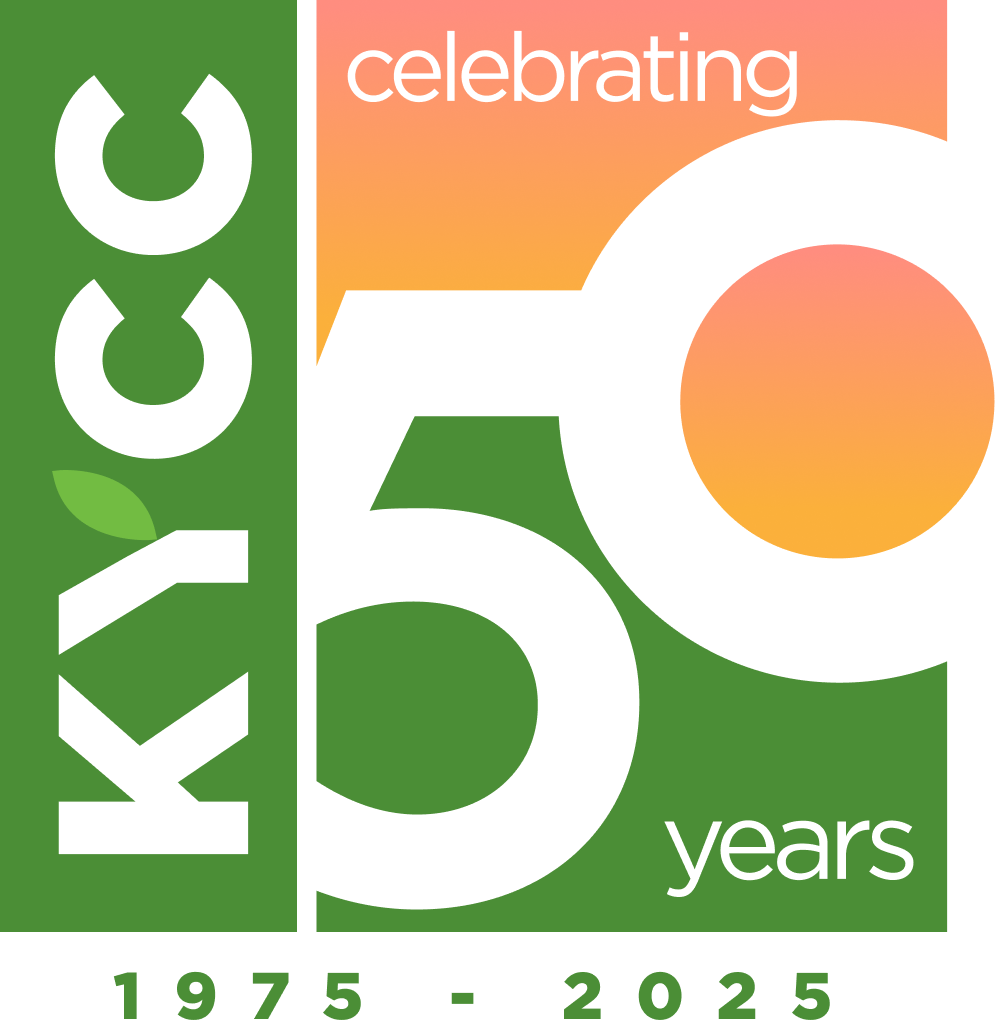August 17, 2020
ES Summer Youth Interns Advocate for Environmental Justice
Since its establishment in 2012, the Environmental Services Summer Youth Program has not only made Koreatown a more beautiful and environmentally-friendly neighborhood but has also offered over 70 paid summer positions for youth in the city of Los Angeles. Through the program, Los Angeles youth, ages 15 to 24, have the opportunity to learn more about KYCC’s Environmental Services programs, such as tree planting, tree maintenance, community engagement and outreach, event planning and preparation, graffiti removal and abatement, and street cleaning activations.
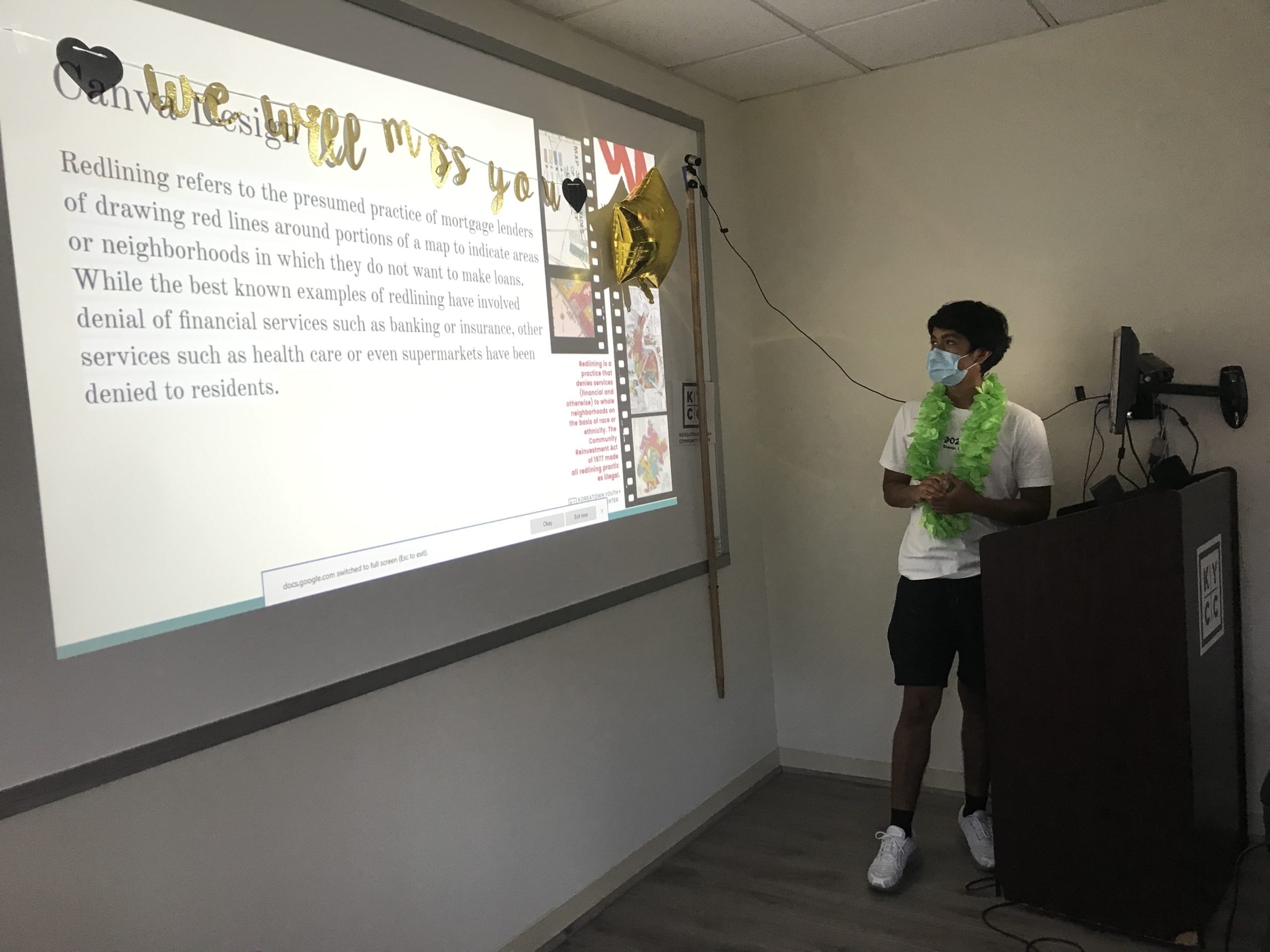
From mid-June to mid-August this year, six Los Angeles youth joined KYCC’s Environmental Services (ES) for their annual Summer Youth Program. ES interns not only helped staff maintain and plant trees across the Greater Los Angeles area, but also participated in a summer-long geographic information system (GIS) research project.
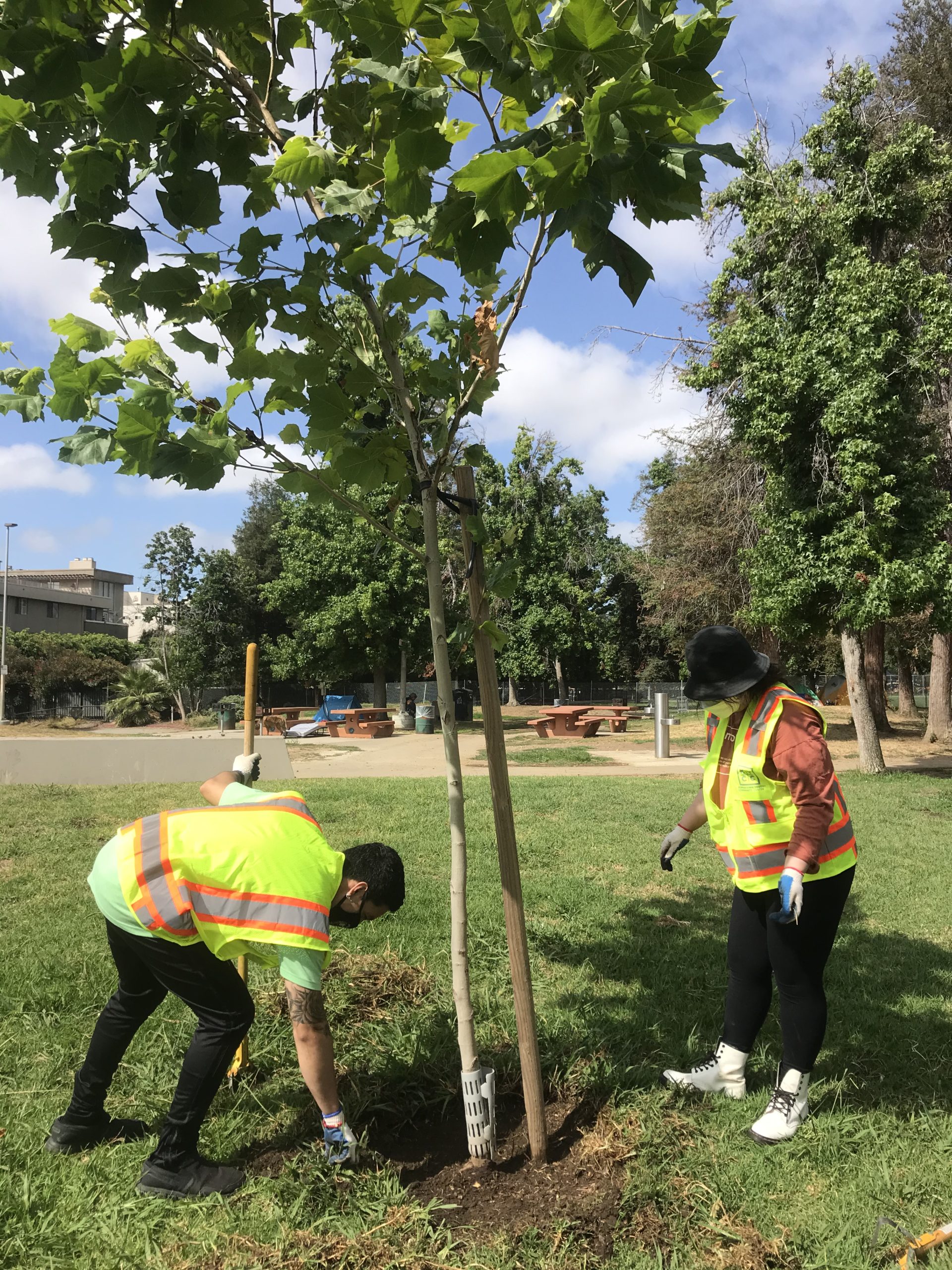
Interns also created social media campaigns to raise awareness about environmental justice, environmental racism and the heat island effect in the urban landscape. Projects related to population health, disparities, and the correlation to environmental exposures, gave the youth a deeper insight into the dynamic interplay between various factors-political, economic, social and ethical that affect various health outcomes in Los Angeles.
Below, each youth intern identifies an environmental justice issue that is relevant to Los Angeles and its surrounding areas and wrote a brief paragraph to introduce the topic.
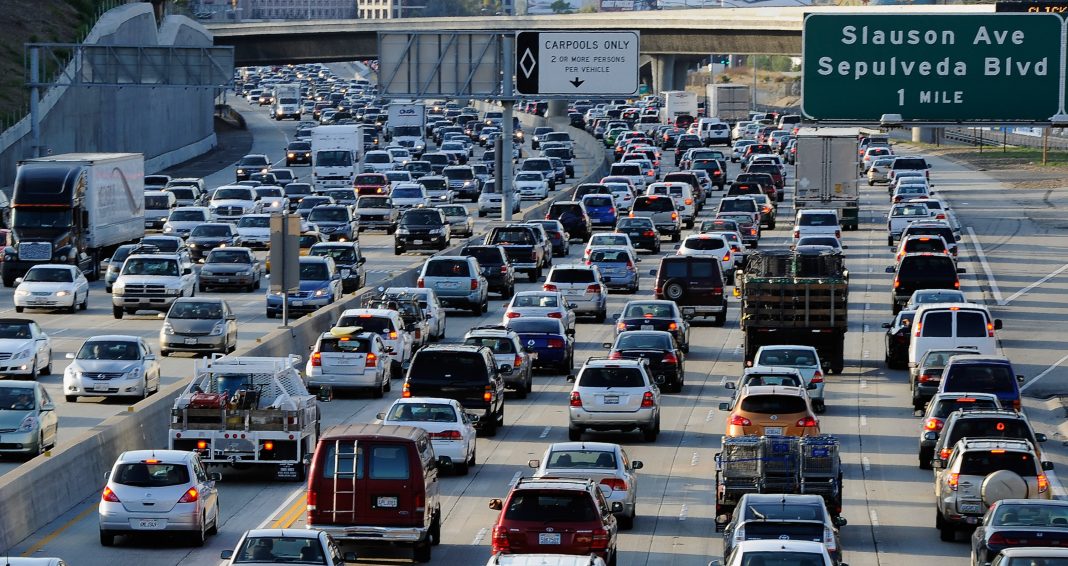
Anthony, 22 – Proximity to Freeway
The impact of freeways can cause many harmful effects not only to the environment but also to humans in general. Especially here in Los Angeles there are many freeways going around LA and with that, many problems. First, the traffic of freeways can cause a lot of pollution in the air with carbon monoxide, nitrogen dioxide, and other harmful fumes. Long exposure to these fumes can cause all sorts of problems for humans such as exacerbating asthma symptoms, decreasing lung function, and many other health problems. These fumes also affect the environment and deteriorate the ozone layer. To prevent these kinds of problems with freeways and traffic we can increase access to alternative transportation options, such as mass transit, rideshare programs, walking, and cycling. With these alternative options we can slowly decrease pollution levels in our city from traffic on freeways.
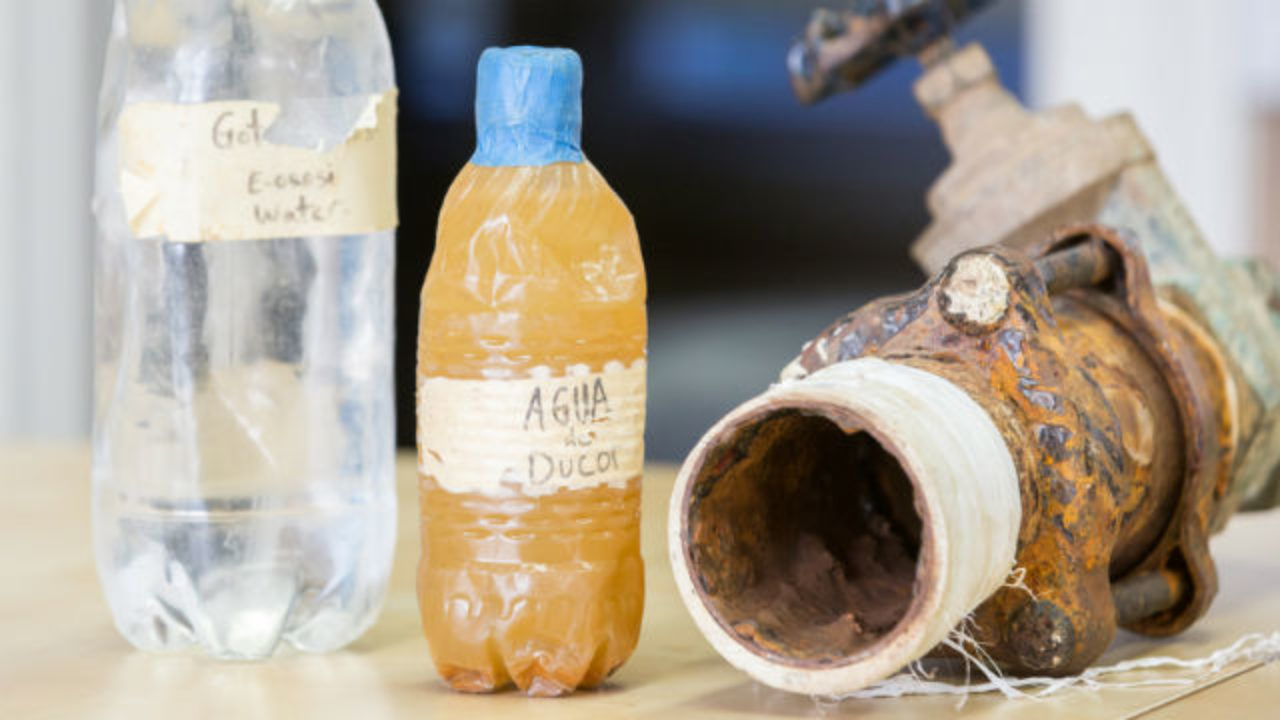
Jada, 16 – Access to Clean Water
Water is an essential that all living things need to survive. But clean water specifically, is what helps us with our immune system. Clean water in LA and its surrounding cities is not hard to find but can vary depending on the area you live in. LA water is said to contain chemicals that humans can taste and sometimes see such as Radon and Arsenic. Radon may increase an individual’s risk for developing cancer while arsenic may increase an individual’s risk for skin cancer, bladder cancer, lung cancer, and heart disease. For example, in Compton, California, residents said they had brown water running through their taps in April 2018. The water pipes to their homes were more than 80 years old, were tarnished and needed to be changed. The mayor of Compton has now made it mandatory to check all water lines 4 times a year to keep the community of Compton at a low risk of diseases or health difficulties. While communities of people in more affluent neighborhoods don’t often have to worry about the lack of clean water supply and maintenance of infrastructure, the people of Compton do. Clean water is needed in all of Los Angeles, not just in some parts of the city. There is enough clean water on earth to go around and all of LA should be able to access clean water.
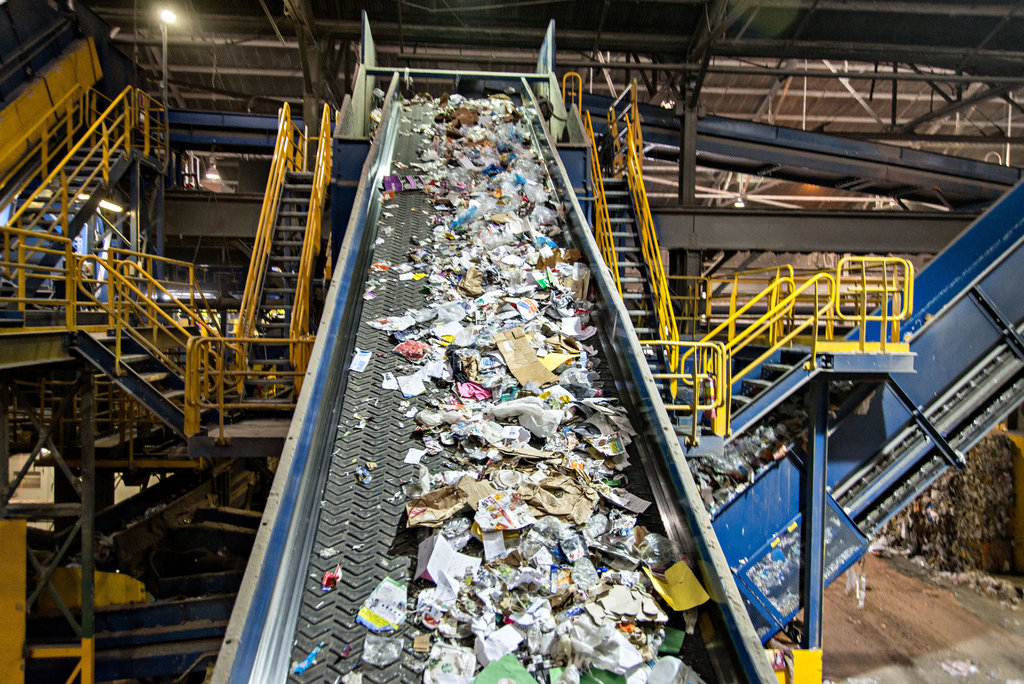
Jose, 17 – Proximity to Recycling Plants
Recycling plants help the environment by reducing the pollution caused by waste and reducing the need for raw materials so that the rainforests and beaches can be preserved. Once the waste reaches a recycling plant, all contaminating elements are removed and items that can be used (plastic, aluminum, copper, glass, other metals, etc.) are processed into raw materials to manufacture new products. You can find different recycling plants throughout Los Angeles in Florence-Graham, North Hollywood, and Vernon. The people who live near a recycling plant are afraid that the air they breathe is contaminated by the plant. It has its side effects. One of them is air, it is toxic for communities and the environment. Studies have shown that people who live near recycling plants could be at a greater risk of problems such as nosebleeds and headaches. Recycling plants have good benefits, but it is not without their side effects.
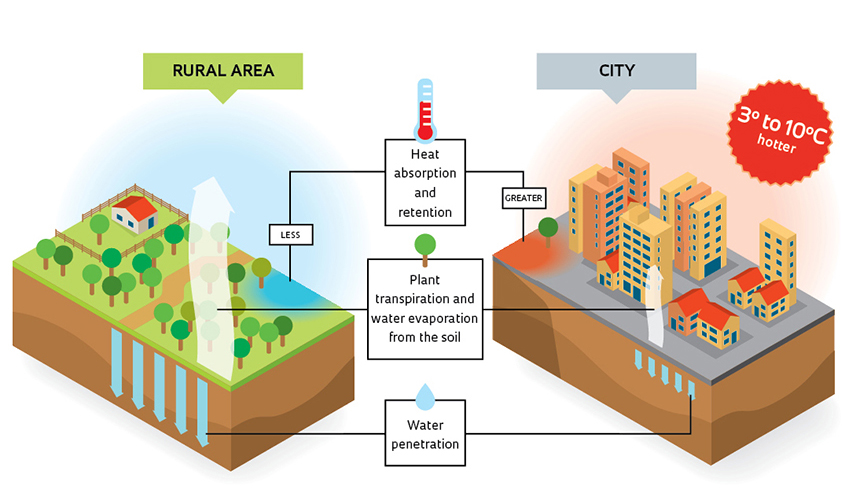
Kevin, 16 – Urban Heat Islands
Heat is a big problem in big cities such as LA. Urban heat islands happen when city temperatures are higher than the surrounding areas due to the physical differences in the environments. Concrete and other surfaces around a city tend to absorb more heat than soil. Heat, the pollution from cars, and natural greenhouse gases increase the heat inside cities. Some people might have respiratory problems that are caused by heat. The heat makes homeless people live in extra vulnerable conditions given the other problems they are already navigating. Reducing urban heat islands would help the way people live.
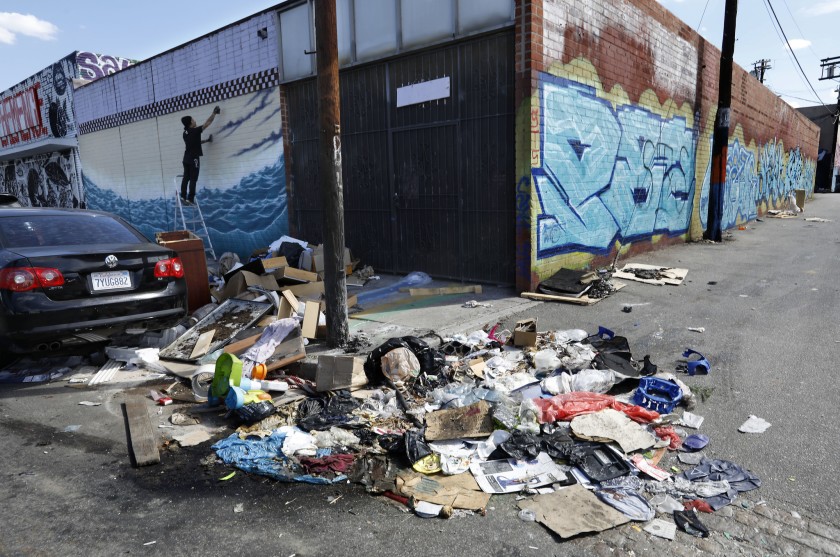
Laura, 17 – Litter
It is almost impossible to walk through the streets of Los Angeles without encountering a piece of trash lying on the ground. Despite some areas of Los Angeles being cleaner than others, the truth of the matter is that litter has always been prevalent in all communities of Los Angeles. Litter is most pervasive in communities of color which are usually underfunded, working-class, and crowded. In addition to being unpleasant to the eye, litter is extremely detrimental to the community. Litter can reduce air quality, spread diseases, and contaminate water systems. These are only some of the damages that can be seen within society. Litter also affects the greater and complex ecosystems that surround us as well. It can displace animals from their natural habitats and cause deaths in animals that accidentally consume plastic. Humans have become so desensitized to the trash that covers their streets that the effects of littering are often given no thought. Therefore, it is crucial that we are vigilant in keeping trash off the streets and educating those around us about the harms of littering.

Shelby, 17 – Smog
Smog. That foggy cloudy blanket of dirty air pollution we’ve grown so accustomed to seeing here in Los Angeles. Sandwiched between the city and the sky, we might sometimes mistake it as fog. However, the two are very different. Fog is a low lying cloud that consists of tiny water droplets. Smog is air pollution created by vehicles, construction, open burning, incinerators, factories, and much more. Fun fact: the word smog comes from combining the words smoke and fog. Some negative side effects of smog include difficulty breathing, coughing, development of asthma, asthma attacks, chest irritation, irritation of eyes, increased risk of throat and lung cancer, permanent lung damage, and damage to certain vulnerable crops (such as tomatoes, peanuts, and cotton). The positive effects? Absolutely none. Even worse, because Los Angeles is highly populated and an urban hot spot, the amount and density of smog in our city is greater than most areas across the United States. According to the American Lung Association’s 2019 State of the Air Report, Los Angeles (Long Beach) ranked 5th on the “Top 10 U.S. Cities Most Polluted by Year-Round Particle Pollution,” and ranked first on the “Top 10 Most Ozone-Polluted Cities.” This is especially dangerous for children, whose lungs are still developing, seniors, who have weaker hearts, lungs, and immune systems, and those with allergies, lung disease, or heart problems, as they are the most vulnerable and affected by smog. This is crucial to know and understand so that we as a city can be aware and take precautions, such as wearing a mask, limiting outdoor activities on smoggy days, and avoiding using pesticides or driving.

